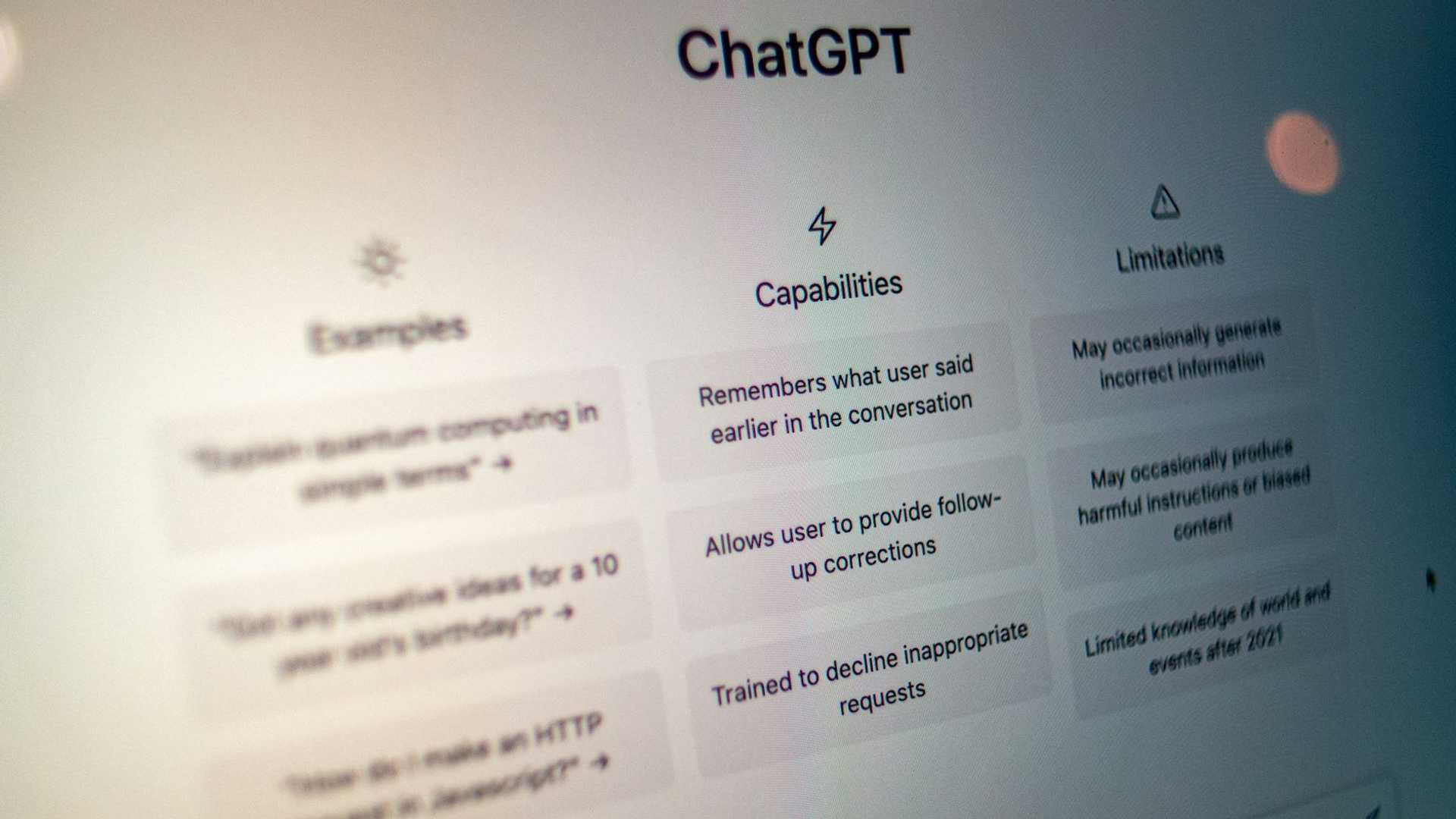Meta CEO Mark Zuckerberg takes stand on first day of historic US antitrust trial
Meta CEO Mark Zuckerberg defended his company against allegations that it monopolises the social media market on the first day of an antitrust trial in the United States. Meta could be forced to sell popular social media sites Instagram and WhatsApp which it acquired more than a decade ago. In opening statements, Daniel Matheson, an attorney for the US Federal Trade Commission (FTC) said Meta was "erecting a moat" to protect its interests by buying the two startups and used its position to generate enormous profits.
Allegations and Defense

Zuckerberg said that he was "not happy" with a perceived lack of progress on developing a photo-sharing app to compete with Instagram because of its rapid growth in response to questions from Matheson. "That does seem to be what I’m highlighting," Zuckerberg said, adding that he’s always urging his teams to do better.
FTC's Argument
:max_bytes(150000):strip_icc()/MarkZuckerberg_Final-dcd1c3a987b54c029307555386c19dcd.png)
The main argument from the FTC is that Meta maintained a monopoly by pursuing Zuckerberg's strategy, "expressed in 2008: ‘It is better to buy than compete.’ True to that maxim, the FTC says that Meta has "systematically tracked potential rivals and acquired companies that it viewed as serious competitive threats."
Competition and Acquisitions
The $750 million (€659.5 million) Instagram acquisition that Meta, formerly Facebook, made was the first where the company kept its competitor running as a separate app. Before then, Facebook was known for smaller "acqui-hires," where a company purchases a start-up to hire its talented workers and shuts the acquired company down. Two years later, it did it again with the messaging app WhatsApp, which it purchased for $22 billion (€19 billion).

Legal Proceedings and Future Challenges
This, experts say, could also prove challenging since more competitors have emerged in the social media space in the years since the company bought WhatsApp and Instagram. Meta isn't the only technology company in the sights of federal antitrust regulators, Google and Amazon face their own cases.

The remedy phase of Google's case is scheduled to begin on April 21. A federal judge declared the search giant an illegal monopoly last August. The case, filed during Donald Trump's first term, is widely seen as a test of the new Trump administration's promises to take on Big Tech companies.




















